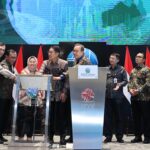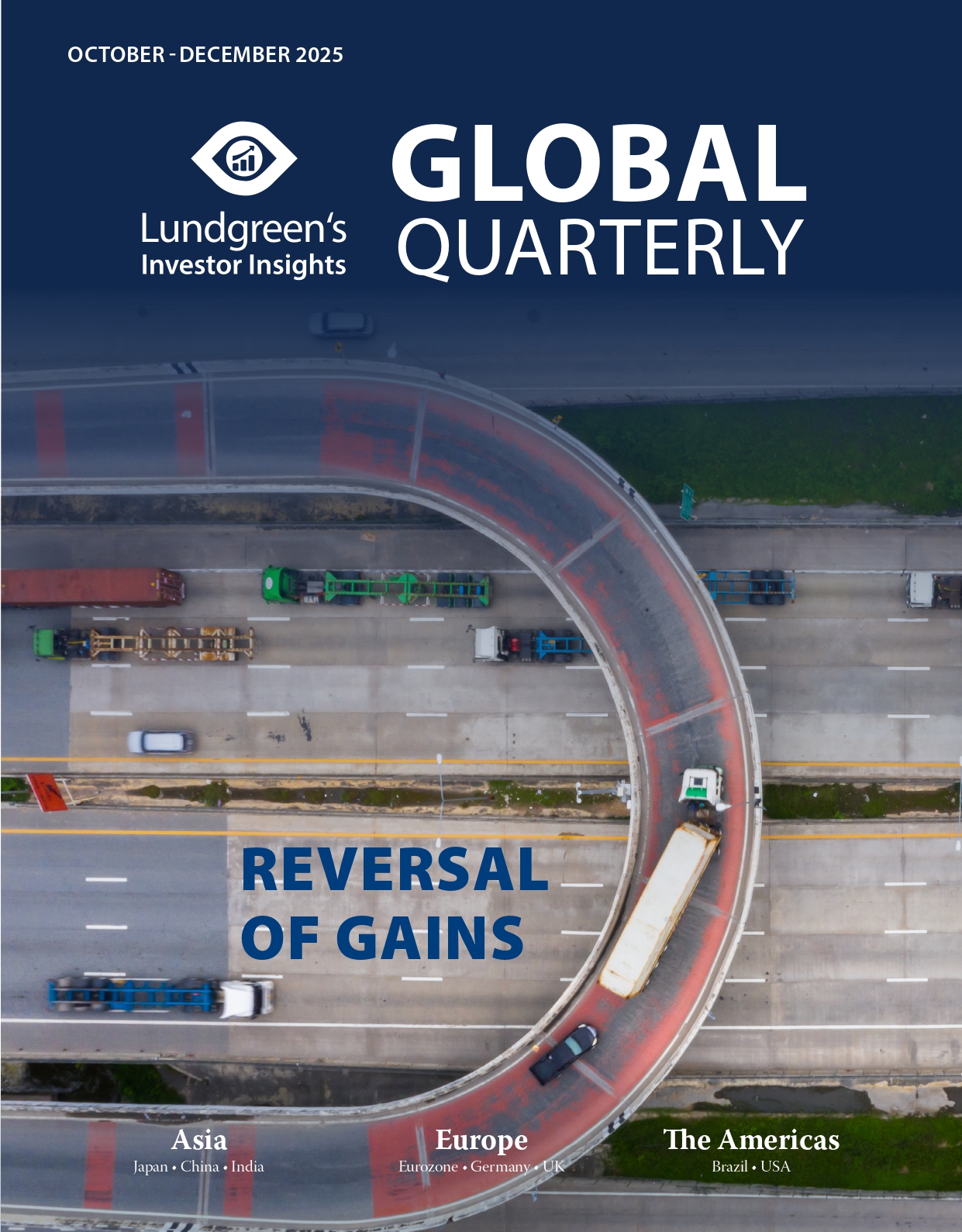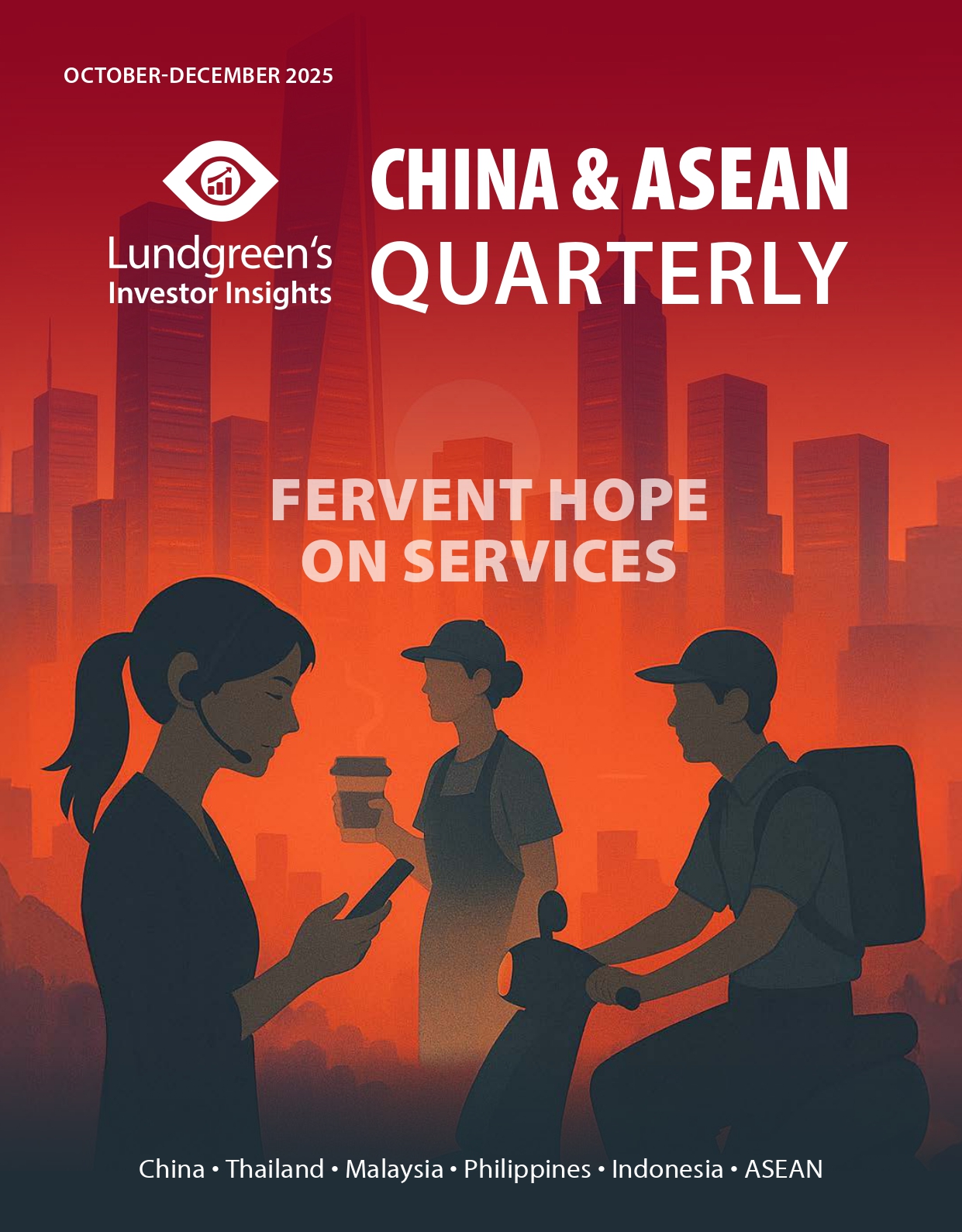Malaysia leads the charge in the halal industry
With Malaysia currently holding the chairmanship for ASEAN, there is a significant economic opportunity to boost and strengthen its halal sector to become a key exporter both regionally and internationally. For the past decade, the country has remained on top of the Global Islamic Economy Indicator which is a testament to its expertise in enabling a robust environment for halal businesses such as Islamic finance and food production.
The Chairman of the Halal Development Corporation, Khairul Azwan Harun, pointed out that the halal market value from the ASEAN countries alone is projected to exceed USD 1 trillion. With the Halal Industry Master Plan 2030 and New Industrial Master Plan 2030 for the Halal Industry as critical roadmaps, Malaysia hopes to attract more foreign investors to do business in this rapidly growing sector onshore.
Industry expansion
Trade Minister Tengku Datuk Seri Zafrul Abdul Aziz shared that the development of the halal industry in Malaysia could exceed MYR 23.54 trillion (USD 5 trillion) and play a crucial role in its economic growth. One of the strategies to unlock this growth is the annual Malaysian International Halal Exhibition that aims to increase Malaysia’s halal product exports from MYR 40 billion (USD 9 billion) in 2023 to MYR 63.1 billion (USD 14.21 billion) this year. Another strategy that the country is considering is through technical and vocational education training, which can potentially produce 50,000 competent halal workers by 2030. This can support investments into halal businesses and foster innovation in halal products and services, thus creating more halal centres.
Further, halal certification by the Department of Islamic Development Malaysia or Jakim is recognized across 26 countries. This is a testament to the country’s mastery of halal regulation and product standards, which in turn bolsters its attractiveness for investors looking to enter this market. In August 2024, Vietnam sought out Malaysia’s expertise in halal certification as it seeks to push Hanoi’s agricultural products into the realm of the Organization of Islamic Cooperation. Chinese firms have also acknowledged Malaysia’s halal certification standards as among the best in the world, with plans to set up factories in the country just so it is under the Jakim’s strict watch.
Halal certification is also open for non-Muslims doing business, thus widening Malaysia’s reach. In Penang alone, 76 per cent of certificate holders consist of non-Muslim-owned companies.
As shown in Graph 1, food and beverage products have been the biggest halal export commodity, reaching a total amount of MYR 34.03 billion (USD 7.66 billion) equivalent to over 55 per cent of total halal shipments in 2024. This share held in the first quarter of 2025, while halal ingredients accounted for one-third of total halal export products. While this demonstrates Malaysia’s global reputation in quality food exports, we look to other halal products that have been steadily rising in value as global demand grows. The Malaysian Palm Oil Board foresees a huge potential for exports to China and Europe. For instance, 2022 saw Malaysian palm oil products sent to China reach MYR 8.44 billion (USD 1.9 billion).

Potential of a halal-dominated market
Beyond the global Muslim market of about 2 billion people – or 24 per cent of the world’s population – non-Muslims are also starting to favour halal food, as meticulous standards for product preparation assure cleanliness. The Malaysia Investment Development Authority expects the value of global halal food exports to reach USD 3 trillion by 2027.
Halal food manufacturers also benefit from tax incentives from the Promotion of Investment Act 1986. This policy not only strengthens the competitiveness of domestic firms but also boosts Malaysia as a global leader in ethical food production. Malaysia’s joint venture with Peru in December 2024 opens up logistical advantages via the Chancay Port, a strategic gateway to ship goods across Latin America, the Middle East, and Asia. Put together, Malaysia’s halal food expertise and Peru’s agricultural raw produce expand the reach of Malaysia’s industry players in the global market.
Graph 2 shows that there has been a dip in sectoral revenues in June 2024, however, industry players quickly bounced back, even touching a two-year high in March 2025. Domestically, higher minimum wages in Malaysia leads to improved household spending. From a global perspective, there has been an increase of investors eager to do business within the halal industry like manufacturers in Japan.

The growth potential of the halal sector does not stop at the food industry. Other areas like tourism and pharmaceuticals can prove to be a golden opportunity for investors. According to the Islamic Tourism Centre, there will be 230 million global tourists with an expenditure of USD 225 billion by 2028, which presents a substantial market. Similar moves to encourage Pakistan to invest more in Malaysia’s halal food industry can also attract more tourist arrivals. On the pharmaceutical side, a New Zealand company has invested MYR 300 million (USD 67.56 million) last year towards developing the halal park in Negeri Sembilan. Most recently, Cuba has also expressed interest in partnering with Malaysia in the production of halal vaccines for meningitis.
With the expansion of the halal industry in Malaysia, we view the industry can become a driving force to support Malaysia’s economic growth. Local and foreign investors can unlock opportunities within the fast-growing halal sector as global demand maintains an upward trajectory.







